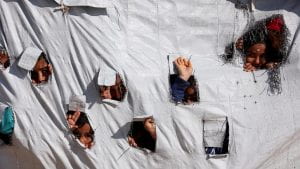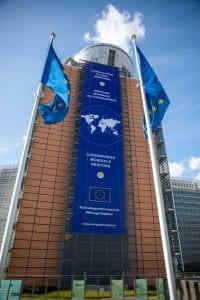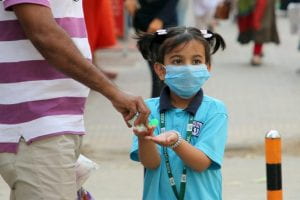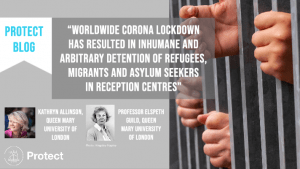By Prof Gwen Seabourne, Professor of Legal History (University of Bristol Law School)

In what now seems like the very far-off pre-lockdown part of 2020, an article of mine was published, the culmination of a project I had been working on for two years or more, and had presented, at different stages in its development, to audiences at the International Medieval Congress in 2017 and the British Legal History Conference in 2019. Judging a Hereford hanging: Agnes Glover v. Walter Devereux, William Herbert and others (1457)[i] considered the events of a few days in the spring of 1456, when the English city of Hereford was taken over by a mixed Welsh and English force, led by notable men of south east Wales and Herefordshire. William Herbert and Walter Devereux, along with their kin and connections, the Vaughans. A member of the Vaughan family – Watkin Vaughan – had been killed in Hereford, slain with an arrow through the heart, as one record has it, and the Herbert-Devereux-Vaughan allies came to Hereford to seek justice or revenge for this outrage. They obliged local citizens to try and convict six Hereford men for the killing, then proceeded to hang them. Legal action followed, as Agnes Glover, the widow of one of the hanged Hereford men attempted to prosecute the main offenders. The case went on for some legal terms, but, in the end, there was a spate of pardoning, and nobody was punished in accordance with the full rigour of the law. (more…)







